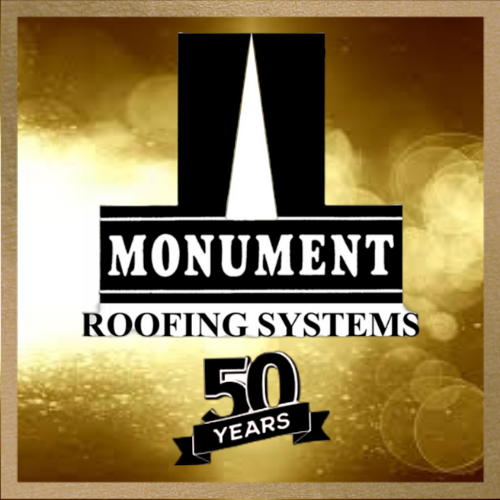Beyond the Surface: Exploring Commercial Roof Substrates
Imagine your commercial roof as a fortress, with its strength and resilience rooted in the layers beneath. Got that picture, now let’s go on a journey to unravel the mysteries of commercial roof substrates and some of the pros and cons of each option.
Exploring Common Commercial Roof Substrates:
Concrete Decks:
Purpose: Provides exceptional durability and load-bearing capacity, ideal for heavy structures and high-traffic areas.
Applications: Well-suited for industrial facilities, warehouses, and buildings requiring robust structural support.
Pros: Excellent strength and fire resistance, longevity, suitable for rooftop equipment.
Cons: Heavyweight may require additional structural support, potential for cracking over time.
Metal Decks:
Purpose: Offers versatility, weather resistance, and ease of installation, suitable for various commercial applications.
Applications: Commonly used in commercial buildings, shopping centers, and office complexes.
Pros: Lightweight, durable, recyclable, accommodates diverse roofing materials.
Cons: Susceptible to corrosion in certain environments, potential for expansion and contraction.
Wood Decks
Purpose: Adds a natural aesthetic and warmth to commercial roofing, suitable for historical or rustic buildings.
Applications: Found in residential-commercial hybrids, heritage structures, and establishments desiring a traditional look.
Pros: Aesthetic appeal, relatively lightweight, natural insulation properties.
Cons: Vulnerable to rot, decay, and fire, requires regular maintenance, limited load-bearing capacity.
Composite Decks
Purpose: Blends the strengths of various materials, offering durability, versatility, and customization options.
Applications: Suitable for a wide range of commercial structures, including malls, hospitals, and schools.
Pros: Versatile, durable, customizable, can incorporate sustainable materials.
Cons: Costlier than some traditional substrates, may require specialized installation techniques.
Conclusion:
Each substrate brings its own set of advantages and considerations. By learning more about each type of commercial roof substrate, you gain valuable insights to make informed decisions about your roofing needs.
If you would like to know more, please feel free to contact us. (800) 580-9343 www.monumentgreenroof.com

